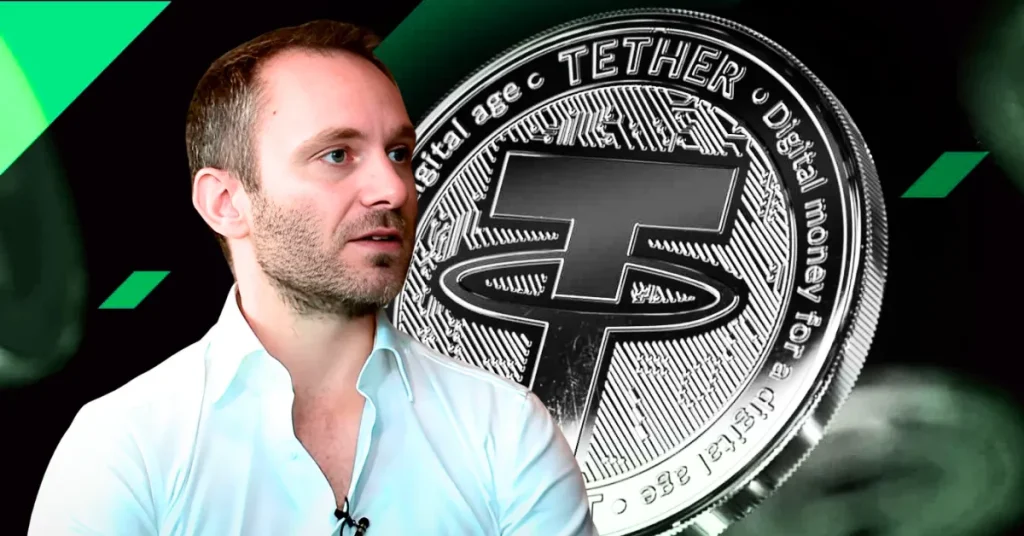
Once deemed too volatile and speculative for serious investors – Bitcoin is increasingly being seen as a viable asset for mainstream portfolios, according to Philippe Laffont.
The founder of tech-focused hedge fund Coatue Management explained the reason why markets have had a change of heart about BTC as he spoke at Coinbase’s State of Crypto Summit last week.
At the time of writing, Bitcoin is trading at north of $105,000, which is more than 50% above its year-to-date low on April 9, only days after President Trump’s tariffs announcement.
Lower volatility is increasing institutional support for Bitcoin
According to Philippe Laffont, institutional attitude towards Bitcoin is improving mostly because the asset’s volatility, which historically deterred firms like Coatue from building a position, is now declining, and that too, significantly.
“It’s intriguing to me that maybe … the cost of getting into BTC is shrinking, he said, referring to the asset’s beta – a measure of its volatility relative to the broader market. Lower beta, in his view, is making Bitcoin more accessible and even attractive for cautious investors in 2025.
Additionally, the growing presence of institutional names, particularly big ones like BlackRock, that’s even launched a Spot Bitcoin ETF is being seen as a major sign of maturity in the crypto space.
Once a fringe asset, BTC is now being legitimized by major financial institutions, which is helping reduce perceived risks, Laffont added.
Comparative performance is also contributing to changing investor perceptions – Bitcoin has demonstrated relative resilience in recent macroeconomic shocks.
For example, when markets reacted to President Trump’s tariff announcement in April, Bitcoin lost only 5% versus a wider 6% decline seen in the Nasdaq Composite.
This decoupling from traditional tech-heavy indices suggests BTC may now offer diversification benefits rather than simply tracking risk-on sentiment.
BTC long-term holding behaviour signals growing confidence
Another telling indicator is how investors are treating their holdings after buying Bitcoin, Laffont noted as he addressed the Summit.
The number of wallets that held bitcoin for over a month and then sold out entirely has declined significantly, which implies a shift toward a long-term investment mindset among holders, rather than speculative day trading.
Bitcoin currently makes up less than 1% of the global net worth. According to Philippe Laffont, if the assets continue gaining credibility, “it has to become more central” to diversified portfolios.
While he once overlooked the cryptocurrency’s potential, Laffont now embraces one of its simplest characteristics: “As long as other people think it’s valuable, it gets more valuable over time.”
Bitcoin is currently up nearly 100% versus its 52-week low, but the hedge fund manager continues to see significant further upside in the world’s largest cryptocurrency by market cap.
He concluded on a rhetorical question: “why wouldn’t everyone have one, two, three or 4% of assets in Bitcoin that … protects you against inflation?”
The post Why is Bitcoin becoming ‘central” to investment portfolios and will it last? appeared first on Invezz















 English (US) ·
English (US) ·